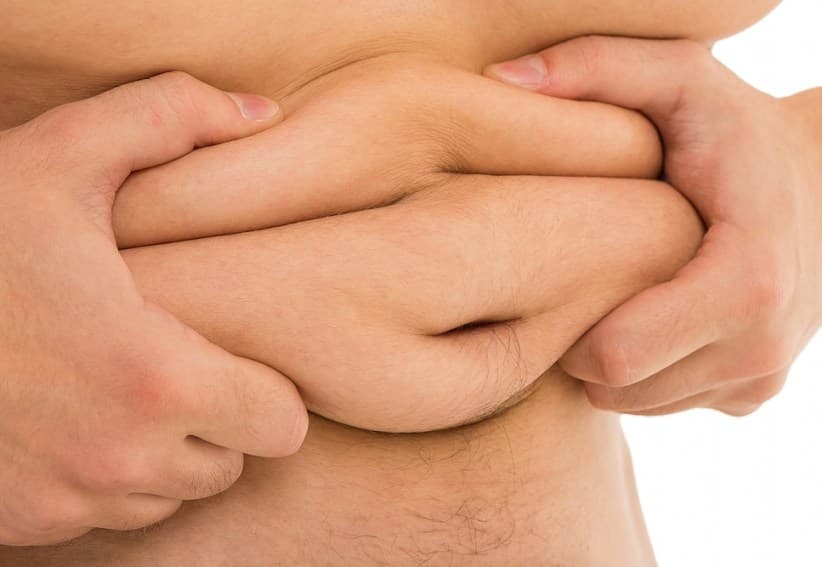Bariatric surgery is an extreme approach to weight loss recommended by doctors when the risks of being overweight outweigh the downsides of surgery and its aftereffects. Those who have been through this intervention find themselves having to develop an entirely new approach to food and nutrition. The weight loss is rapid, but avoiding nutritional deficiencies will be a priority. In this article, we’ll look at how to maintain healthy nutrition after bariatric surgery.
Vitamins and Iron Could be a Problem
Iron is absorbed in the upper reaches of the small intestine – an area bypassed during bariatric surgery. Vitamin deficiencies must also be avoided, but they’re easier to absorb. As a result, you’ll need specially formulated bariatric multivitamin capsules without iron as well as an easily-absorbable source of iron, usually in the form of ferrous fumarate.
Pay Attention to Your Medical Team’s Recommendations
To help your body cope after surgery, your medical team will recommend that you follow a strict diet that provides nutrients without irritating your stomach.
Unlike other diets, “cheating” isn’t on the cards. As time goes on, the range of foods you can eat increases, but with your limited stomach capacity, eating only the most nutrient-rich foods will be a priority. That means saying goodbye to “empty calories,” a prominent feature in modern diets that means you could already have been experiencing nutrient shortages before you underwent surgery.
Although you’ll be eating the healthiest foods, you’ll still need supplements to keep your body functioning well. So, as time passes and you leave the most immediate aftereffects of bariatric surgery behind you, you’ll still have to be very vigilant about how you eat, and about the supplements you choose.
Smoothies for Concentrated Nutrition
After your surgery, your doctors will prescribe protein rich smoothies, and after recovery, they’ll continue to be the cornerstone of your nutrition. You’ll be able to play around with ingredients a bit more, creating your own recipes and flavors.
If you search for smoothie recipes for people who have undergone bariatric surgery, you’ll find some tasty options beyond the ones you had to use when you were still in recovery. However, we should emphasize that during healing, sticking to doctors’ orders is a must.
Watch for Signs of Nutrient Deficiency
Because you can’t absorb nutrients as well as you did before, maximizing concentrated nutrition is a must. Even so, you should look out for nutrient and vitamin deficiency symptoms.
These may include things like hair loss, burning sensations, particularly in the feet, slow wound healing, irregular heartbeat, and a variety of aches and pains that don’t seem to go away. If you think you may be showing signs of nutrient shortages, consult a doctor as soon as possible.
Living Longer, Living Well
Obesity is an enormous health risk that makes you susceptible to a great many life-threatening conditions. Although bariatric surgery is definitely not an easy way to lose weight, it’s a sure way, and studies show decreased mortality and a lower need for health care services among those who take this drastic step towards a longer, healthier life.
In your darkest days following bariatric surgery, you may find yourself wondering why you ever submitted to this intervention. Focus on the positives – the reasons why life is good – because those are the reasons why you underwent this procedure. As you recover and as new habits form, things will get easier, and you’ll have the comfort of knowing that you stand a better chance of being there to enjoy life and time with the ones you love.

